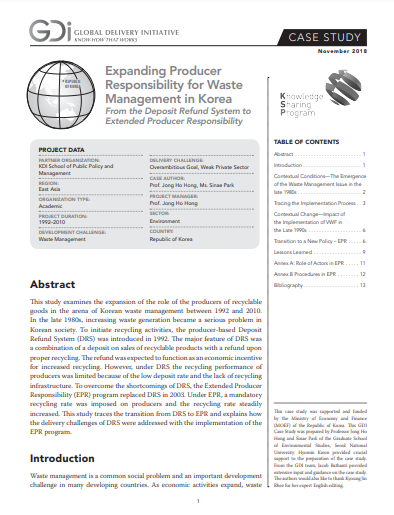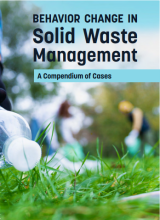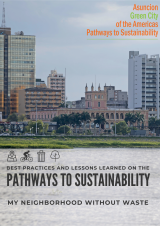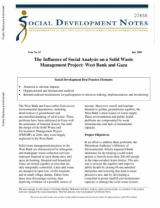
-
Country/City
Republic of Korea
-
Topics
Management, Recycling, Disposal, Policy and Governance
-
Published On
June 1, 2019
-
Author(s)
Global Delivery Initiative, Jong Ho Hong
This study examines the expansion of the role of the producers of recyclable goods in the arena of Korean waste management between 1992 and 2010. In the late 1980s, increasing waste generation became a serious problem in Korean society. To initiate recycling activities, the producer-based Deposit Refund System (DRS) was introduced in 1992. The major feature of DRS was a combination of a deposit on sales of recyclable products with a refund upon proper recycling. The refund was expected to function as an economic incentive for increased recycling. However, under DRS the recycling performance of producers was limited because of the low deposit rate and the lack of recycling infrastructure. To overcome the shortcomings of DRS, the Extended Producer Responsibility (EPR) program replaced DRS in 2003. Under EPR, a mandatory recycling rate was imposed on producers and the recycling rate steadily increased. This study traces the transition from DRS to EPR and explains how the delivery challenges of DRS were addressed with the implementation of the EPR program.



